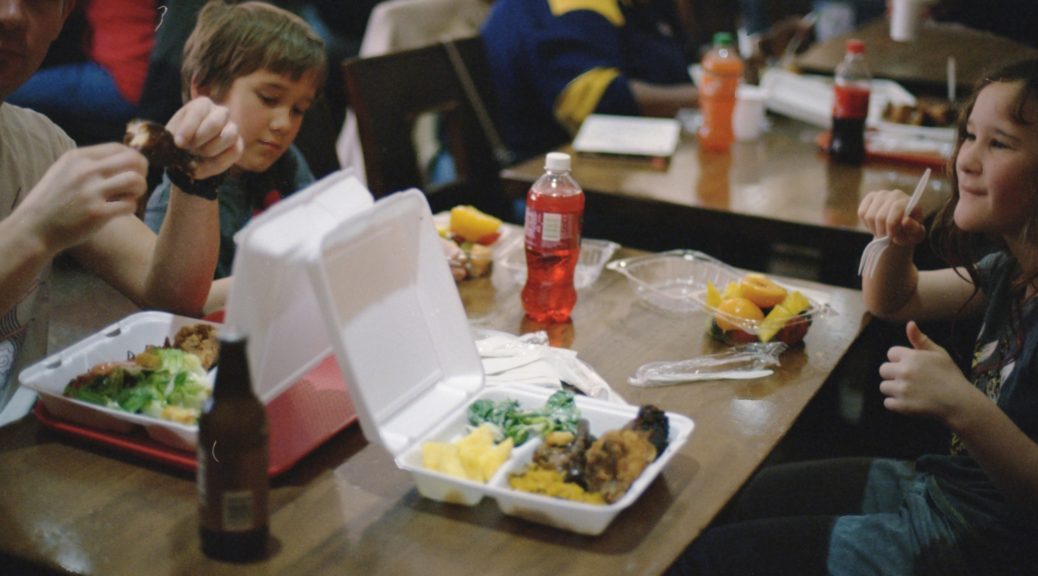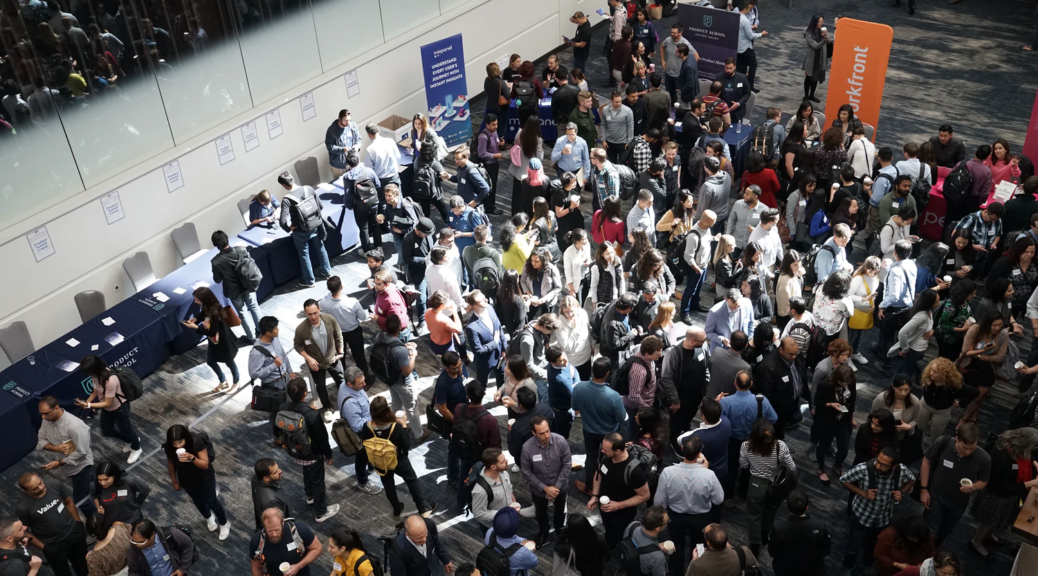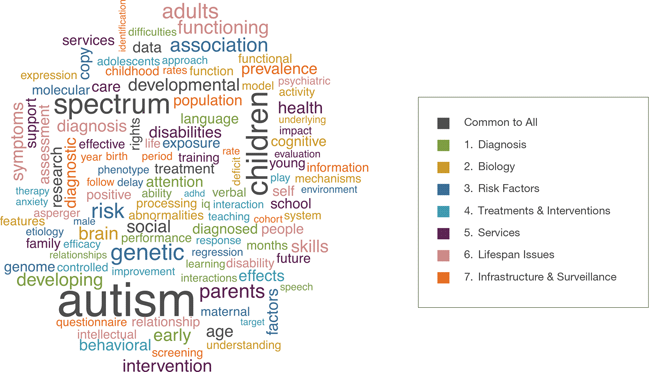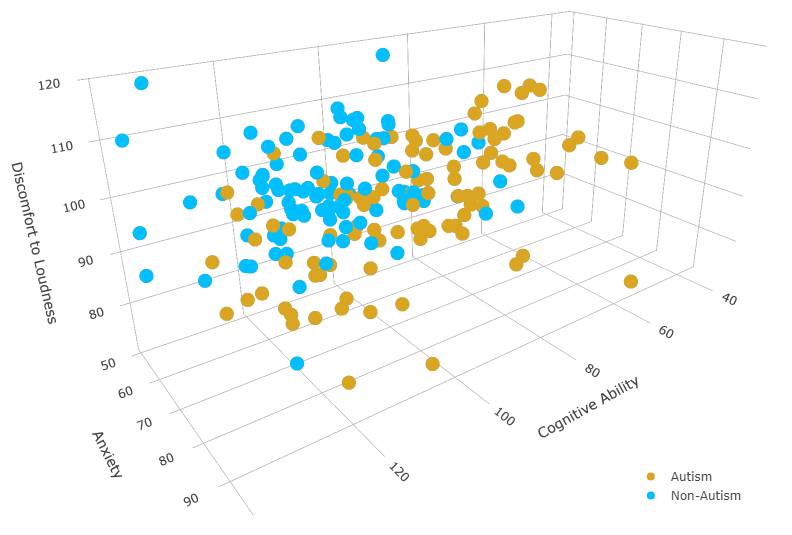ABA Reform: Distinguishing Meaningful Change and “Neurodiversity Lite”
I’ve been doing some more thinking on that most controversial of controversial autism questions: ABA. Right now, most neurodiversity advocates don’t trust the idea that any sort of ABA intervention could be a good thing, and why should they? Far too many ABA interventionists have been pointing to a few modest changes to their programs – like removing aversives, or adding some cosmetic “neurodiversity lite” jargon – and claiming that this makes their programs adequate and ethical. But that’s not…









